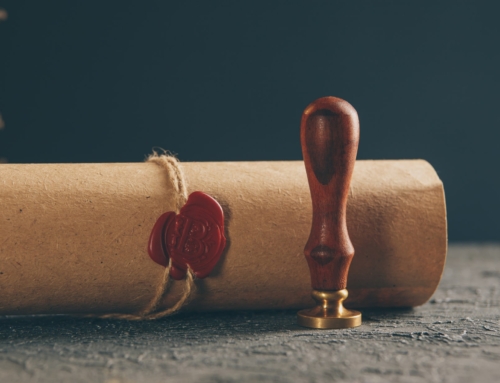Divorce is a complex situation, whether you are trying to manage conflict or divide assets. It can also bring many financial complications, especially when family money is involved.
Parents often help out couples with buying first homes, paying for weddings and providing additional financial aid when needed. But if the relationship breaks down, it can become unclear whether that support was a gift or a loan, and whether it should be repaid or shared.

What is the difference between a gift and a loan?
Divorce courts make a distinction between whether money was a genuine loan or a gift. A gift is money or property given without the expectation of repayment. Once given, it becomes the recipient’s property.
On the other hand, a loan implies that repayment is expected either formally through a written agreement or informally with an understanding between the parties. If the family contribution was clearly a loan, it may be treated as a debt that must be repaid before dividing the remaining assets. If it was a gift, it usually becomes part of the marital assets available for division between the spouses.
Anyone lending or gifting money to a family member who is married should document their intentions clearly. A simple written agreement can prevent costly disputes later and ensure everyone’s contributions are properly recognised if the worst happens.
What happens to gifts after divorce?
In general, gifts given to one spouse (e.g., jewellery from a family member) remain that person’s property after divorce. However, gifts that have increased in value or been used for the benefit of the marriage (e.g., a cash gift used as a house deposit) are considered part of the matrimonial pot, especially if both parties benefited.
Are gifts from parents included in divorce settlements?
This depends on how the gift was used. For example, if the gifted funds were used to purchase or improve the family home, they are considered to be entwined in the matrimonial assets and may be shared. However, courts can sometimes try to ring-fence such gifts to protect the family contribution, especially in shorter marriages or where children are not involved.
What happens if you inherit money and get divorced?
Inheritance is generally kept separate from matrimonial assets if it has not been mixed with joint finances. But if the inheritance has been used for the benefit of both spouses (e.g., paying off a mortgage), it could be included in the settlement. Timing matters. Recent inheritances are more likely to be preserved for the beneficiary, while older ones may be considered part of the shared wealth.
Read more in our blog on: Inheritance and divorce – how does it work?
How are family loans treated in divorce?
If money given from family was genuinely a loan, the court may treat it as a debt owed by the couple or one spouse. The court will consider whether there is evidence of repayment expectations, written agreements or past repayments. Where loans are informal, judges may decide they were effectively gifts, particularly if there was never any serious intention to reclaim the money.
Contact Bellwether Solicitors for more advice
We are divorce solicitors in Ewell, Hampton and surrounding areas. Contact us now for a chat.







